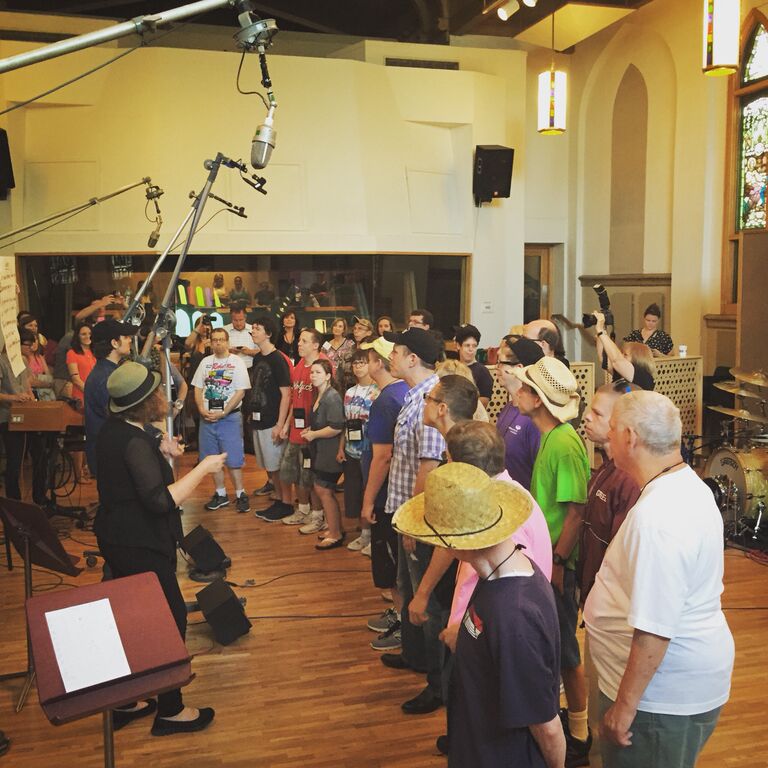Jess Libow is currently a summer intern at the Bellevue Literary Review. She is a rising senior English major at Haverford College interested in disability studies. All photos courtesy of camp staff Looking out over the dance floor at Nashville’s >> Read more
Category: A Different Take
The Social Construction of Cancer – Part 3
Editor’s Note: This is the third of four installments from guest blogger Dwai Banerjee, a doctoral candidate in NYU’s department of social anthropology. Images illustrated by Amy Potter, courtesy of Cansupport. Part III In a later visit with the homecare >> Read more
The Social Construction of Cancer – Part 2
Editor’s Note: This is the second of four installments from guest blogger Dwai Banerjee, a doctoral candidate in NYU’s department of social anthropology. Images illustrated by Amy Potter, courtesy of Cansupport. Part II However, at this point, Shambu and Rohini’s >> Read more
The Social Constructions of Cancer
Editor’s Note: This is the first of four installments from guest blogger Dwai Banerjee, a doctoral candidate in NYU’s department of social anthropology. Images illustrated by Amy Potter, courtesy of Cansupport. Introduction The contemporary landscape of healthcare in Delhi inspires >> Read more
Island Time
As one might expect, much of medical training occurs in the inpatient setting. Teaching hospitals, brimming with an elaborate hierarchy of trainees and supervisors, offer a critical mass of patients and pathology. Typically these patients present with exceptionally complex histories >> Read more
Medical Humanities and Live Theater. See It Now!
an unusual opportunity to attend one or all of three plays that bear directly on individual experiences of illness, altered bodily states, and the cultural and social context in which those alterations occur.
A Summer of Books
Here are some books I read during the past year or so that I found particularly absorbing, listed in no particular order.
Interdisciplinary Arts Project in a Family Medicine Residency Training Program
…through the courses I took in the Department of Education I discovered academic researchers were exploring different theories of knowledge and research (Barone and Eisner, Clandinin and Connelly, Cole and Knowles, and Patton)): i.e. Qualitative Inquiry, Interdisciplinary Artistic Inquiry, and Reflexive Inquiry
English Departments and Healthcare
how professors of English might benefit from interaction with health care professionals
Breast Milk As Medicine And Virus: Modern Maternity And HIV/AIDS
Mothers need to be understood as neither the repositories of pure nutrition nor the potentially infectious contaminators of the young, but as materially embedded subjects whose bodies are of this world as everyone’s are.
